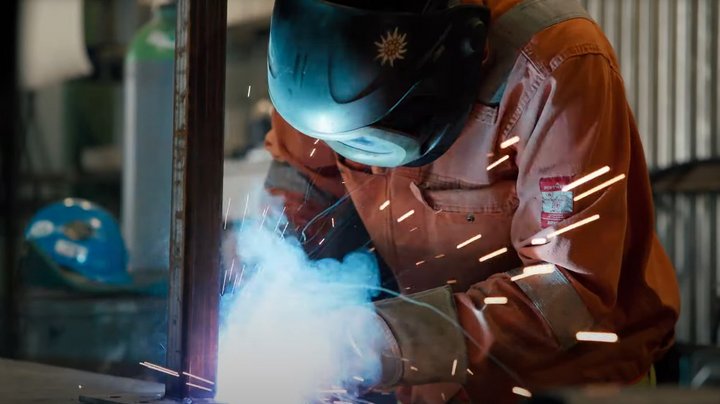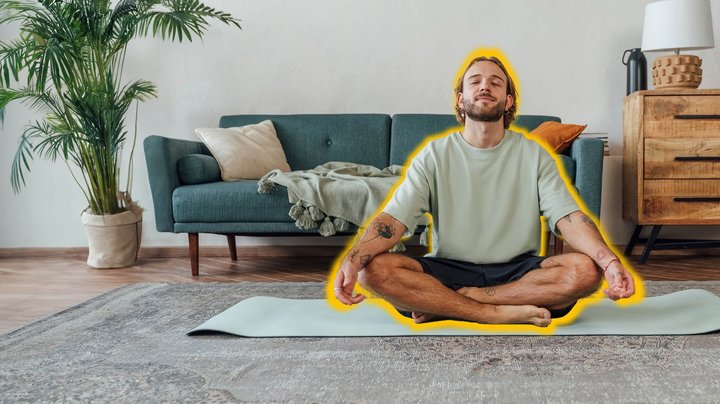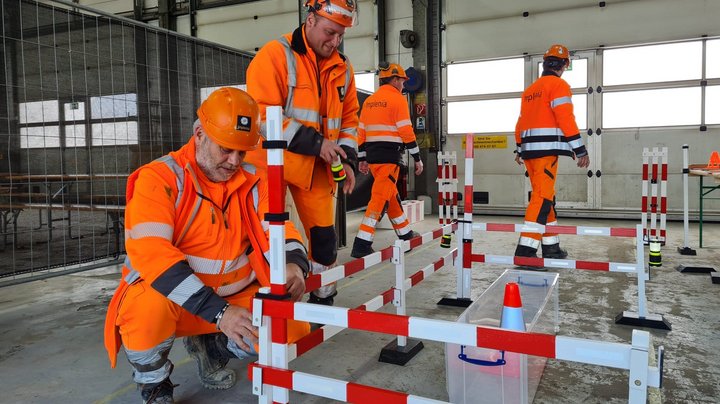"Occupational safety is a question of attitude"
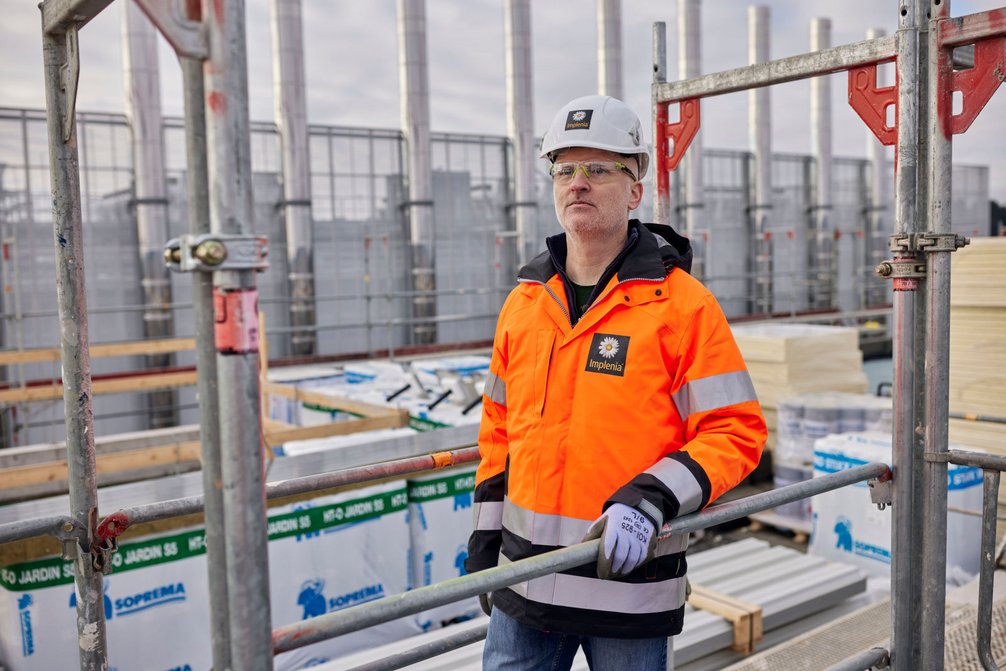
What does safety mean for Implenia?
Felix Akeret: For us, safety means ensuring that nobody comes to physical or psychological harm as a result of our work and our activities. On the construction site, we like to say: You go home the way you came. At the same time, we must never forget that we also have to protect third parties who could be injured by our work.
How do you create safety?
There is never 100% safety. Safety always means striking a balance between the risk you are willing to accept and the extent of the measures you want to take to make construction sites and other workplaces safe in line with the company's requirements. This also means that safety is always about trade-offs.
"Safety is always about trade-offs."
Felix Akeret, Global Head Safety
Where are these considerations made?
In the construction industry, certain considerations are already anticipated by legislation, such as the obligation to wear helmets on construction sites. At Implenia, we make additional considerations at an organizational level and in the workplace. For the entire organization, for example, we have stipulated that safety shoes of protection class S3 are worn on our construction sites, although this is not required by law, or that eye protection must be worn during concreting work. At the workplace itself, it is usually the supervisors, such as site managers or project managers, who weigh up whether the measures taken and the risks are in balance before the work begins. Their safety specialists are on hand to advise them on this.
How is safety organized at Implenia?
At global level, my job, together with Rolf Riser, is to organize and coordinate the safety function so that we can offer the business the best possible support. Implenia has appointed safety specialists in the units themselves to provide advice within the units and divisions. They advise employees and managers so that they can work safely.
We have a total of 15 safety specialists working at unit level and additional specialists in the regions.
And who is ultimately responsible for safety at Implenia?
First and foremost, and this is also enshrined in law, it is the line managers at all levels. They have to make the workplaces as safe as possible and provide employees with the necessary training and equipment. Of course, employees also have a duty. They must comply with the safety measures - this is also set out in our Code of Conduct - and report if they are not working or if things can be done better. Everyone has a duty to say: "I can't work like this!".
We have talked about the trade-offs. Safety is always a matter of judgment and involves conflicts of interest. The dilemma: on the one hand, we have to avoid causing harm to ourselves or others. On the other hand, we are under pressure to deliver the projects on time. How do the safety specialists in the units and divisions deal with this?
It is important that we safety specialists not only say stop, but above all help to work on solutions that are acceptable from a safety perspective. Ultimately, we all want projects to be completed successfully and profitably. And the safety specialists help to achieve this with as little suffering as possible. It is very helpful if we create a good basis of trust with the units. But as a safety person, you also have to have character and be able to stop unacceptable conditions and work or demand unpopular measures if necessary.
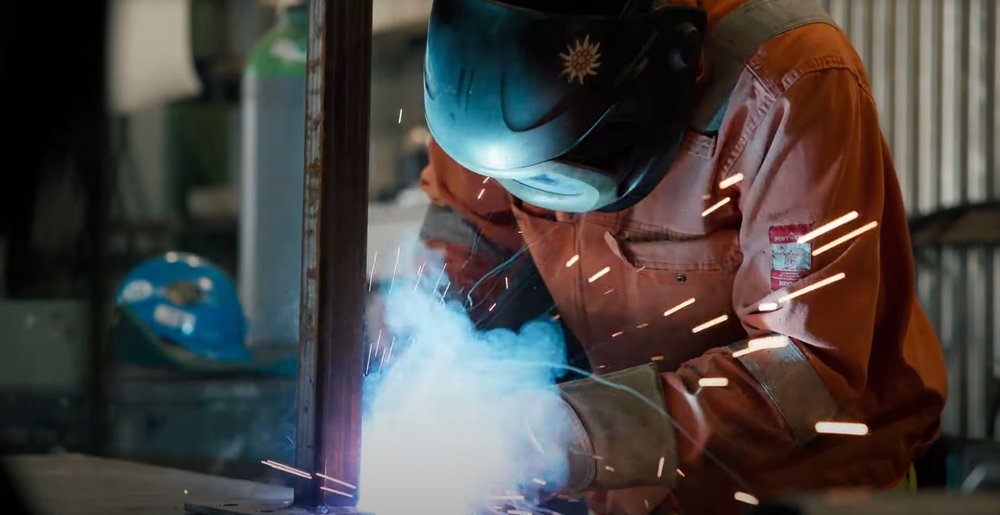
How Implenia brings safety into the company
The Health & Safety Award, the 15-minute training sessions and the Health & Safety Day are three initiatives that Implenia is using to focus on health and safety at work throughout the Group. The six Safety Rules stand above all else.
To what extent do managers play an important role in safety?
Managers at all levels must visibly support and live the topic so that employees recognize that safety is important to their superiors. Managers are required to demand all rules and regulations and at the same time offer support. This is also known as safety leadership. This is how safety runs through the organization. Occupational safety starts at the very top and is a question of attitude. It must be the aim of all managers to ensure that we have a safe working environment.
How do you live SAFETY LEADERSHIP?
"For me, one of the most important aspects of safety leadership is to create a good culture in the workplace in which everyone thinks about their own safety and the safety of other employees - in all processes of a project. Everyone must be well informed about the next steps in the process and be able to find the HSE and rescue stations easily. This requires us to keep the information about changes to access routes and new locations of the HSE stations constantly updated."
Ole Magne Rønning, Project Manager Project E39 Rogfast, Lot E02 Kvitsøy

When it comes to safety, what are the challenges when working with subcontractors and what is best practice here?
Subcontractors often have less financial resources than clients to meet higher standards than those required by law. And sometimes they even take shortcuts there. When different subcontractors work in parallel on the same site, different philosophies, working methods and safety standards come together. Best practice is to involve the subcontractors from the outset with regard to safety. This starts with contracts in which we require subcontractors to meet Implenia's standards as a minimum. We have already anchored this in our minimum approach. We select our subcontractors not only on the basis of price, but our purchasing department also always checks safety criteria. This year we also introduced an HSE (Health, Safety and Environment) standard in Switzerland, which is now mandatory in every contract with every subcontractor and can be expanded further. And something else is important when working with subcontractors: On every project, the risks of the upcoming work should be discussed together, measures should be defined and checked to ensure that they are effective and adhered to. This is a major challenge and we are in the process of introducing further safety checks. For moral and economic reasons, we want to ensure that not only we but also the subcontractors on our construction sites work safely and are safe.
"Best practice when working with subcontractors is to require in the contracts that they meet Implenia's standards as a minimum."
Can Implenia also influence the entire construction industry by contractually demanding its own safety requirements?
I am convinced that if large construction companies like Implenia contractually demand their own higher safety requirements from subcontractors or take safety criteria into account when choosing subcontractors, this will rub off on the entire construction industry over time. We are also involved in various exchange committees such as the Swiss Association of Master Builders on the subject of safety and are also trying to influence the entire industry via other institutions, politicians and building owners. The most powerful driver for safety is the customer. In Scandinavia, they are already much further ahead. One example: In Sweden, certain contracts are only awarded if safety experts are permanently working on the project.
Can safety be controlled by rules?
Absolutely, in certain situations it is even essential. People are often comfortable and therefore do not automatically apply certain safety measures without malicious intent. Construction helmets, eye protection, fall protection and other measures have been proven to save lives and prevent injuries. A comparison: without compulsory seat belts in road traffic, there would be significantly more road deaths.
Where does personal freedom end when it comes to safety? What is paternalism within normal limits?
Personal freedom ends where either the legislator or the employer has decided that certain safety measures are necessary. These measures are often based on painful experiences from the past. An individual may never have had these experiences ("I've never fallen anywhere") or experienced them, but the damage is statistically verifiable. In addition, Implenia does not want its employees to injure themselves at work. Anyone who does not want to wear a construction helmet, safety shoes or UV protection should not work on the construction site. So that the project management can enforce these rules, it is important, as I said, that we regulate safety in the contracts.
"Personal freedom ends where either the legislator or the employer has decided that certain safety measures are necessary."
Felix Akeret, Global Head Safety

What can each individual contribute to safety?
A lot: Take the six safety rules to heart, be a visible role model, rectify and/or report unsafe conditions and situations, always bring up safety when making decisions, behave safely at home and influence your environment accordingly, etc. And above all, know one thing: Every action, no matter how small, is another step towards greater safety.

